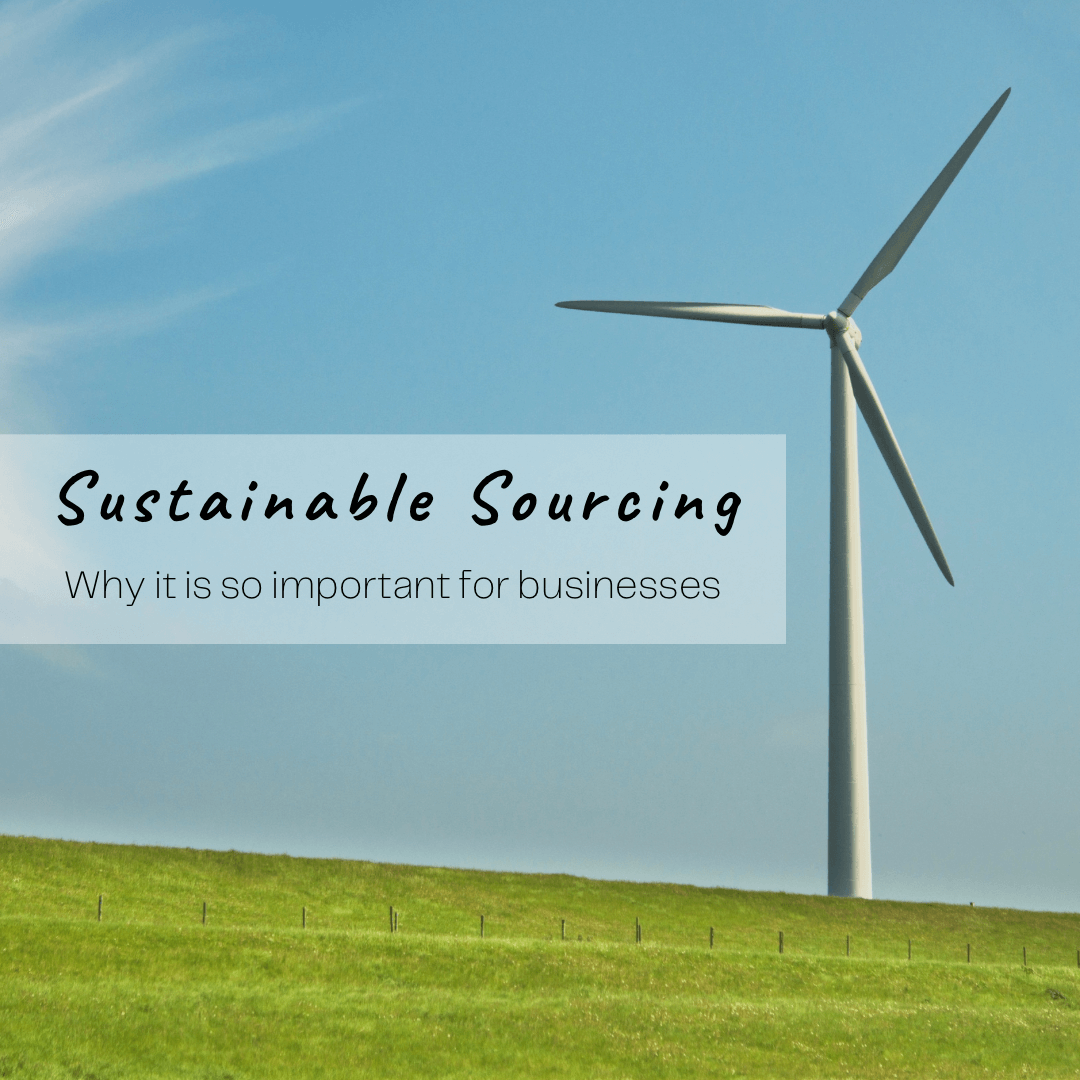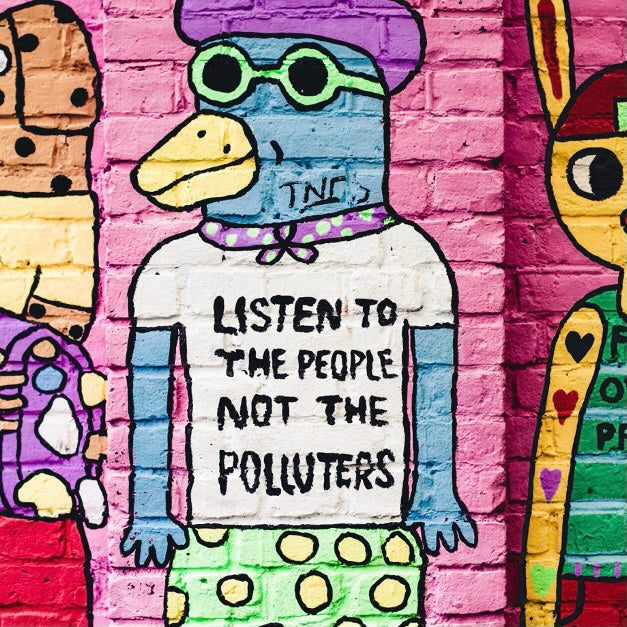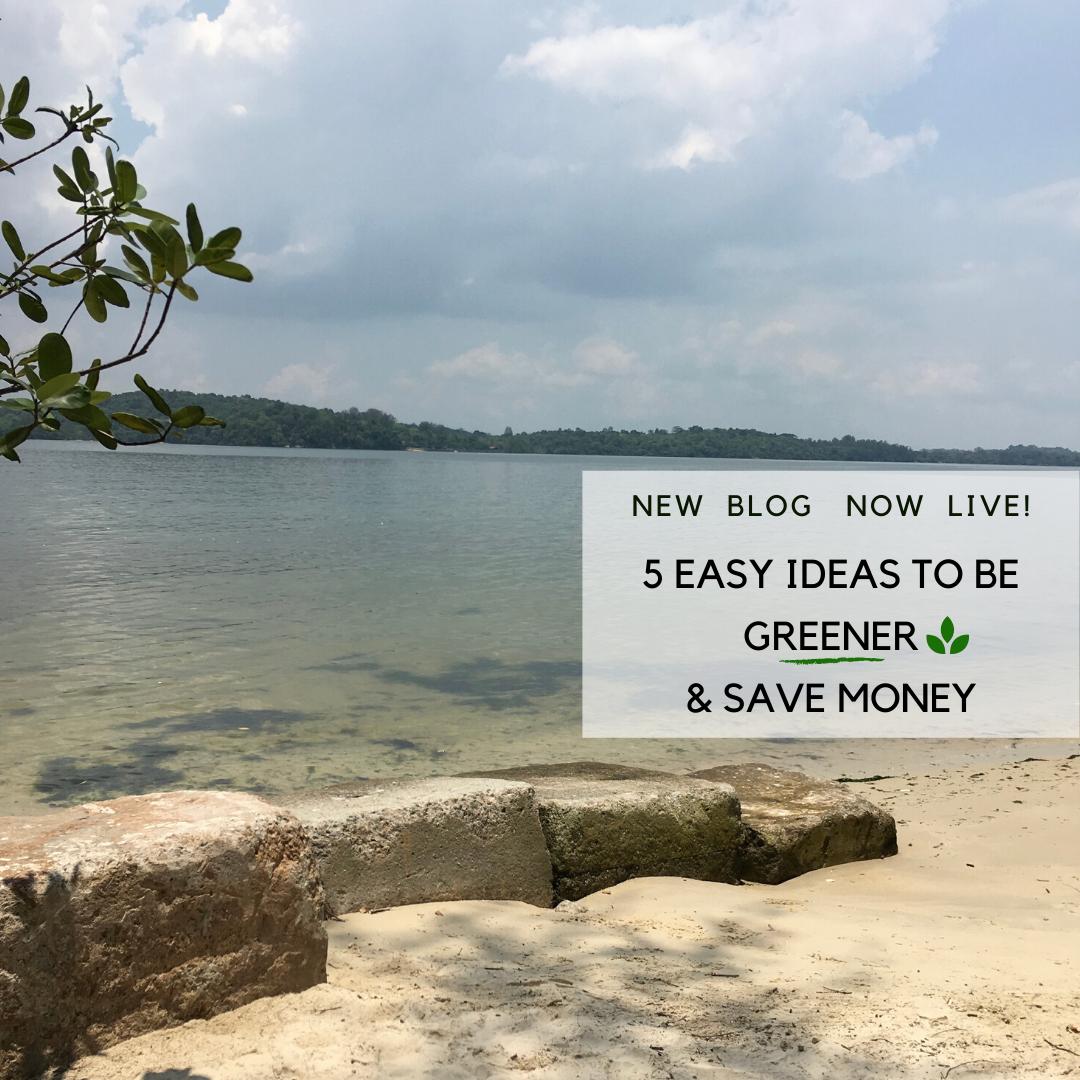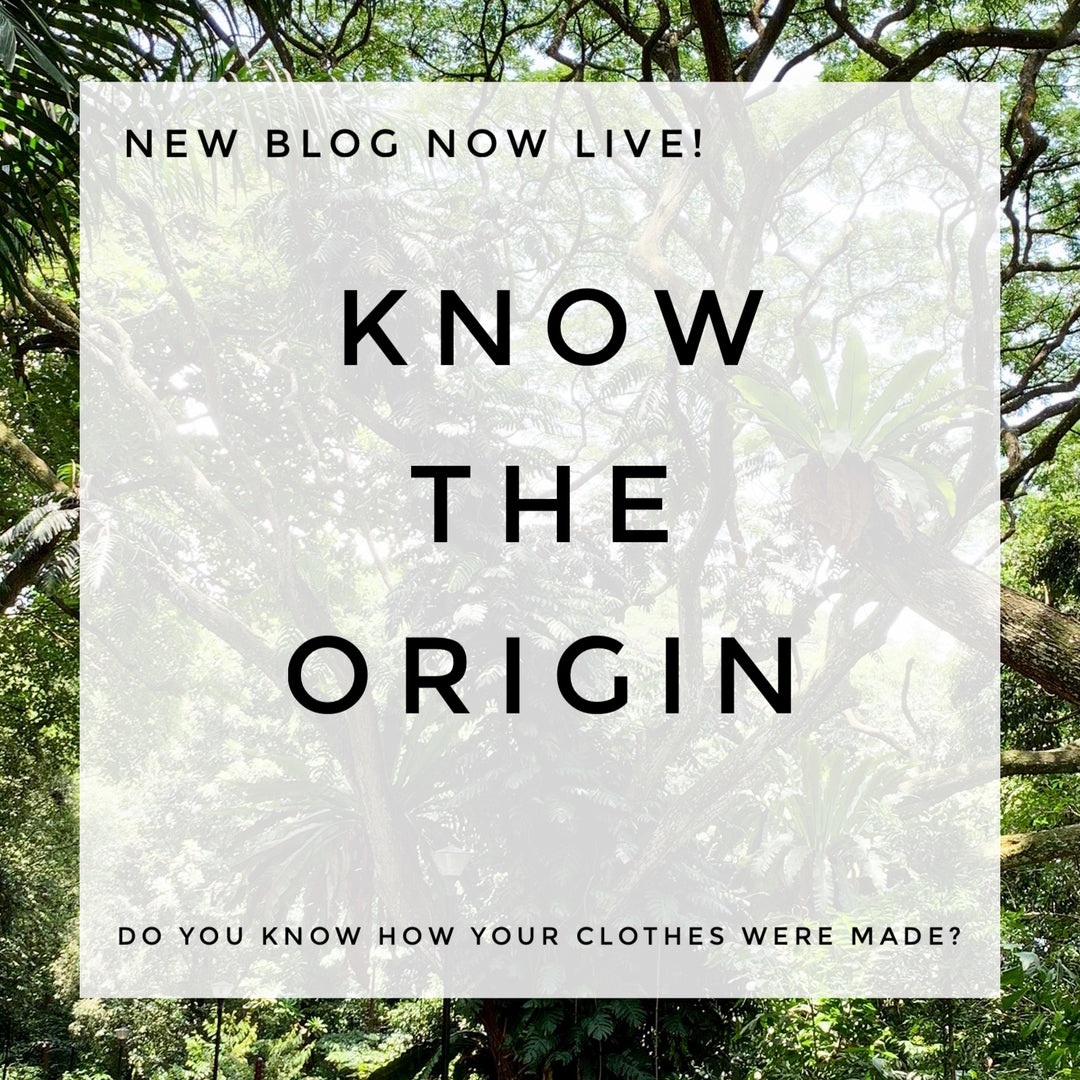Bamboo Lyocell T-shirts reduce the environmental cost of fast fashion!
The worldwide fashion industry generates annual sales of over USD1Trillion, catering to millions of people who rightly demand on trend fashion at an affordable price.
Unfortunately, most clothing is produced with fabrics that leave substantial environmental footprints. Harsh chemicals are used in the manufacturing process, polluting waterways and damaging the health of workers and local communities.
At Eco Staples, we are different
We believe that creating sustainable fashion in an ethical manner is just as important as providing our customers with affordable, stylish garments that they will enjoy wearing for years to come.
Why Bamboo?
It is often referred to as the world’s most sustainable resource!
On average, Bamboo can grow up to an impressive four feet per day without the need for pesticides, fertilisers or irrigation. Comparatively, the fibre yield per acre from bamboo is up to 10 times higher than that of cotton, all the while requiring less than one tenth of the water to grow.
With its ability to absorb five times more carbon dioxide and produce 35% more oxygen than the average hardwood tree, Bamboo plays an important role in neutralising greenhouse gases in the environment.
Bamboo is also extremely versatile and has many varying uses such as building material, furniture, food and clothing to name a few. Products made from Bamboo are naturally resistant to bacterial and fungal growth due to an antimicrobial bio-agent, “kun”, found in Bamboo fibre.
Given its numerous qualities, Bamboo textiles are growing in popularity. But when it comes to the manufacturing process, not all Bamboo clothing is created equally.

The Method Matters
At Eco Staples, our Bamboo T-shirts are made via the Lyocell process - an extraordinary eco-friendly process that represents a milestone in the advancement of environmentally sustainable textiles.
The process adopts a closed loop technique using non-toxic solvents made from amine oxide which break down Bamboo pulp in preparation for weaving. Nanotechnology is then employed to recover 99% of the solvents and water used so they can be utilised on the next batch, thereby producing significantly less waste.
Lyocell is widely regarded as being significantly greener and more water efficient than commonly used fabrics such as Viscose (aka Rayon) and other synthetics on the market. Additionally, Bamboo Lyocell fabric retains the inherent qualities of Bamboo such as being hypoallergenic, thermal regulating and UV protectant.
It is to no surprise that this incredible process has received numerous awards, including the "European Award for the Environment" presented by the European Union.

The circle of life
Not only will our Bamboo Lyocell T-shirts give you years of wear and enjoyment, but when they come to the end of their life, they are 100% biodegradable and will fully decompose in a matter of weeks.
This is not the case for other chemically created synthetic fabrics such as Viscose or Polyester which take many decades to break down.
If you are in the market for Eco Friendly Bamboo clothing, we strongly recommend avoiding Viscose in preference for Lyocell, a greener alternative.






Nice article! Keep sharing this kind of interesting blog about t-shirt!
Leave a comment